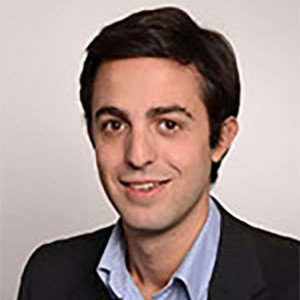Hello,
Next week I will be doing my second round with BCG, Roland Berger and ATK.I passed the first round with positive feedback overall, with no major concerns pointed out.
I have been told that, generally, the skills you are expected to demonstrate in the second round is different.
How accurate is that ? What are the major differences that I have to take into account while practicing ? Some say it might be a bit more strategic (asking about the hows, and free ended questions), while others state that it focuses more on the fluidity of the structured approach.
I want to set a study plan, and I need your advice beforehand.
Thanks















